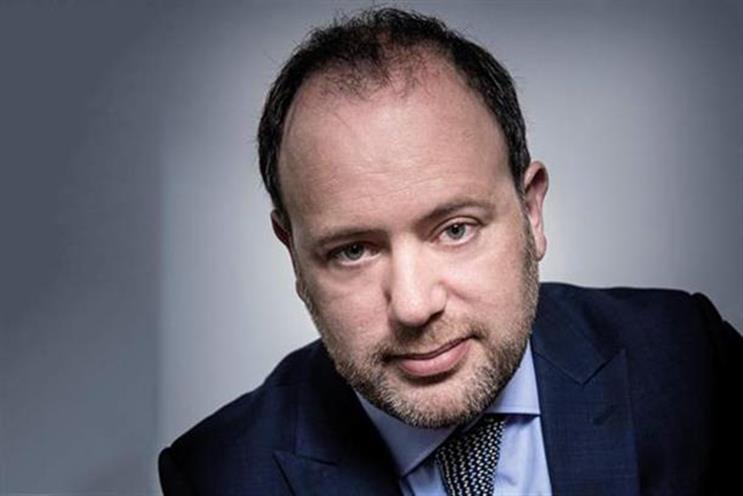The craft of media planning needs to make a comeback. The strategy, insight, creativity and planning involved in the selection of media channels and buying decisions have never gone away. But media planning has declined in importance in recent years – with serious consequences.
The ad industry’s obsession with shiny, new digital toys and automation has been the most immediate problem. The whole ecosystem has become so complex and fragmented that advertisers and agencies are spending time on media co-ordination, instead of strategy and planning and ideas.
Then there’s the question of money. Advertisers have been squeezing fees, which has forced agency groups to look for other ways to boost profits, rather than focusing on clients’ needs. Some agencies have resorted to opaque trading practices, rigid processes and easily scalable products and services – all of which points to a hollowing-out of agency talent. Further evidence comes from media owners who say agencies have been farming out clients’ requests to them without giving a proper brief.
Worse still, brands and agencies have been neglecting context and the quality of the media environment in the pursuit of both cheap reach and short-term performance.
Consumers are not impressed. A survey by Credos, the Advertising Association’s think tank, found the British public’s favourability towards advertising has fallen to a record low of 25% because of problems such as ad bombardment and excessive frequency and targeting.
However, things are changing. The need for better media planning and curation has created a gap in the market. We are at "a drop-ball" moment, according to one leading planner, who likens the current state of play to when a football match restarts after an interruption, the ball is dropped on neutral turf and everyone makes a rush for it.
The future of media planning is up for grabs. Advertisers and media owners want to get more involved and agencies need to raise their game. Some advertisers are already bypassing agencies for planning and buying. Ecommerce brands are used to handling search and social themselves in-house, and Google and Facebook have built large, client-facing teams to serve them.
Now other advertisers want to take more control of their communications and first-party data and to contract directly with the tech platforms, rather than depend on agencies.
Traditional media owners are also investing in planning and data as they look to collaborate directly with clients, although they insist they do not want to disintermediate agencies. Both ITV and Sky have recently recruited senior planners from the agency sector. Other media owners are beefing up their client teams, partly in response to the lack of attention from agencies.
All this is happening as a few tech giants keep sucking up most of the ad growth and nearly everyone else is struggling to grow. A good planner might advocate channel-neutral planning – picking the most suitable media channels for an advertiser, without worrying about the terms of the agency’s trading deal – but reality can be brutal, especially in a downturn.
Increasingly, advertisers and agencies and media owners are going to choose favoured business partners because they can’t afford to do great deals with everyone. That was part of the calculation for Publicis Groupe and Channel 4 as they sought to end their trading dispute in January.
Media planning is also becoming harder as advertisers wrestle with the competing demands of long-term brand-building and short-term sales performance. One agency strategy chief describes how some advertisers are putting their money in big brand activity to raise awareness and shape culture at the top of the marketing funnel and digital activity to convert sales at the bottom of the funnel – and neglecting the middle.
Better, joined-up media planning can make sense of this disarray. It might even help to rebuild the ad industry’s reputation.



